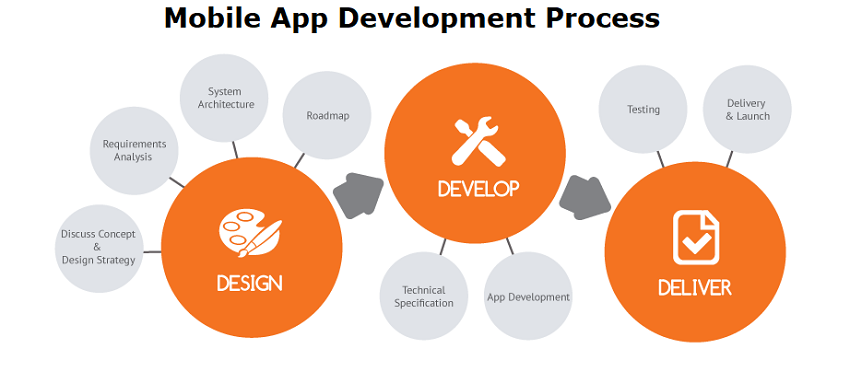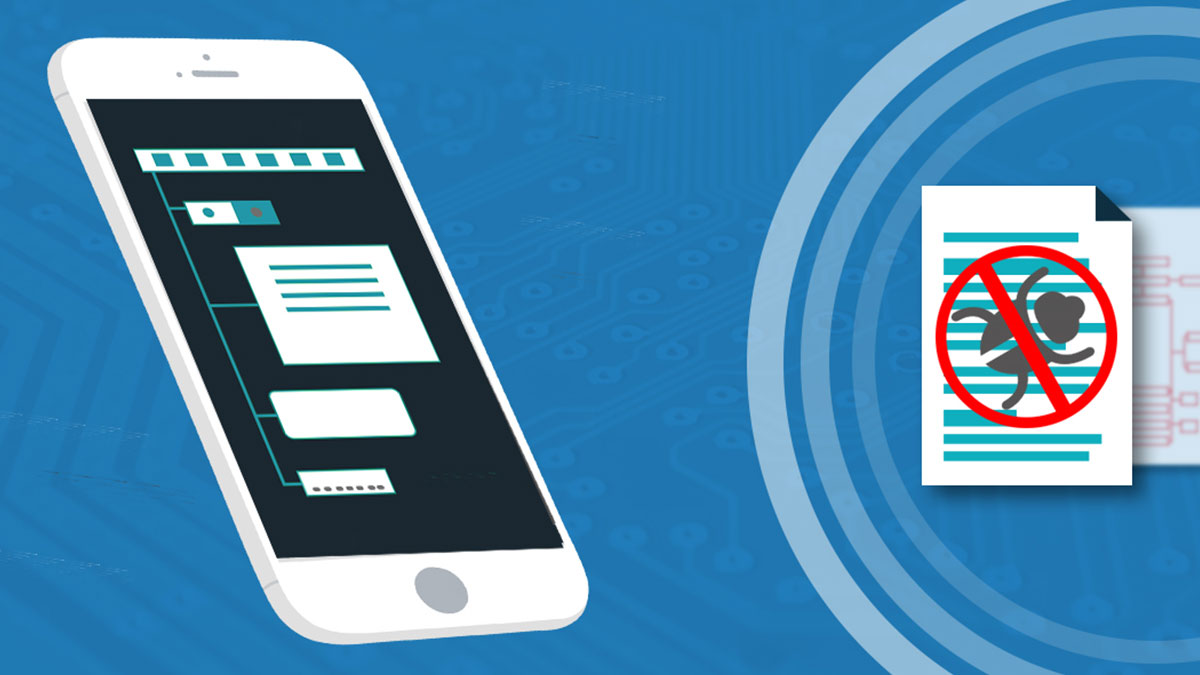Do you really want to know why a lot of founders will have failed at building tech startups? Well, I can bet you will think it is the usual reason you always hear or the ones you have read about which is usually centered around money. It is either they ran out of money or they didn’t get funding. In some cases it is true but, in other cases, it is not true.
Many founders have been made to believe the myth that if they can get their apps to the app store, it is going to be like a plug-and-play situation where everything just starts yielding results with minimal effort. Then they come to realize that oh wow this not what I expected. But, by the time they are trying to make amends and tighten all the loose ends they are neck-deep in a quagmire. They practically watch their business crumble before their eyes.
Like I had written in an article a while back; Mobile app development guide for founders. A lot of founders see building a mobile app as an abstract event because they believe that all they need is a developer who is great at building apps and boom they have a mobile app for their business. But, what they don’t understand is building an app is like building a house or any other product. Before you build a house would you go to a mason first? I think not. it is the same with building a mobile app. You don’t go to straight a developer to build your mobile app.
Now the question is: Who should you go to first when you want to build an app? Ideally, you should talk to a Business Analyst. And I am sure you are wondering “Why should I talk to a business analyst? I just want to build an app” Well I understand that, but this is why you need a business analyst;
Mobile app analysis is essential to ensure that an app will be implemented and run successfully. if there is no one to oversee this entire development process of your mobile development, then your app is doomed to fail. Some of the critical functions of a Business analyst to your mobile app development process:
1. Boost efficiency of development
2. Reveal key features
3. Generate fresh ideas
4. Outline success metrics
5. Align deliverables and expectation
6. Foresee and outline project gaps
7. Develop a road map and boost app delivery
If you take out time to critically look at these responsibilities of a business analyst, does it still make sense to go straight to a developer? I think not.
Let drill down further. But before we go further let’s talk about Market research:
Many businesses have been birthed based on assumptions. Some were lucky enough to have succeeded because they were solving a real problem people were willing to pay for, while others failed because they did not validate through market research to ascertain if people really need the solutions or product they are offering. Before you get into the process of mobile app development you need to validate that there is a demand for the solution you are offering.
Now back to our regularly scheduled program. After you must have spoken to a business analyst and you clearly can see the value the business analyst will add to your development process then you can now go further with the process in the diagram which was elaborately explained here to founders:

After you must have launched your app, then the second phase of your job now starts. This is where you’d have to ensure that you onboard and retain users. The steps to achieving this were written about here.
Don’t get carried away by the Myth that building an app is the end of the development process. There are several activities that go before and after. Ensure you follow through with the process to achieve a successful outcome.


















